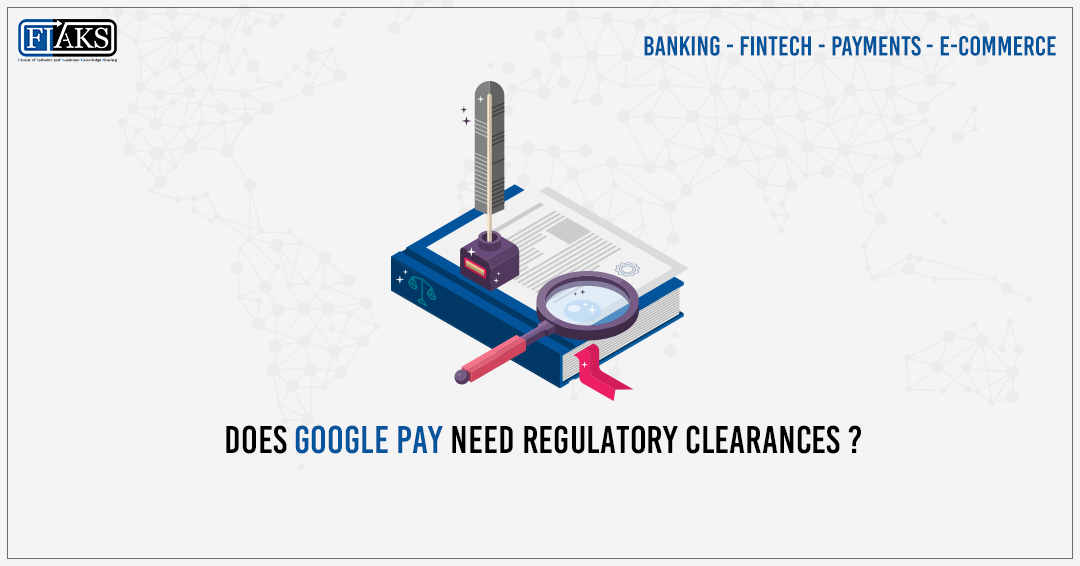Several Founders, Co-Founders, CXO Bankers, CXO Fintech professionals & people who participated in the ePanel discussions are:
- Mr Amrish Rau, Fintech Investments & Partnerships, PayU, Naspers group
- Mr Paresh Ragde, Founder & Chairman at Suvidhaa Infoserve Private Limited
- Mr. Vishwas Patel, Director Infibeam Avenues Limited, Founder CCAvenue Payment Gateway
- Mr. Sandeep Todi, Co-founder & CBO at REMITR.
- Mr. Shashank Chowdhury, Managing Director -India, Infinite Zero
- Mr Ajay B Panicker, CEO & Founder, Netpay Limited
- Mr. Kamonasish Aayush Mazumdar, Founder consumer start-up
- Mr. Arun Tanksali, Co-founder and CTO, Nearex
- Dr. R Bhaskaran, Former Chief Executive Officer, IIBF
- Mr. Sanjay Swamy, Managing Partner and Co-Founder, PRIME Venture Partners
- Mr. Piush Kothari, Former Business Head Digital, Customer Analytics and Strategy, Aditya Birla Idea Payment Bank
- Mr. Vinay Kalantri, Founder & Managing Director of TMW Fintech Private Ltd
- Mr. Sony Joy, CEO Chillr
- Mr. Naveen Surya, Chairman Emeritus, Payment Council of India
- Mr. Vineet Tewari, Executive Director, Payza
- Mr. P N Vasudevan, Managing Director & CEO, Equitas Small Finance Bank
- Mr. Sunil Kulkarni, Joint Managing Director, Oxigen Services (India) Pvt Ltd
- Mr. Vikas R Panditrao, Co-Founder, Forum of Industry Academic Knowledge Sharing
- Many other CEO/CXO Bankers & Fintech professionals on FIAKS Forum who participated as anonymous
The RBI was questioned by the Dehli High Court on how Google Pay has been facilitating transactions without the required authorization. Chief Justice Rajendra Menon and Justice A J Bhambhani posed this question during public interest litigation, which claimed that Google Pay was violating the Payments and Settlements Act by acting as a payment system provider without authorization from the central bank of the country to implement these actions.
On putting forward the same topic up for discussion, various FIAKS members sided with Google Pay, saying that it uses Indian banks, such as Axis Bank and ICICI Bank, for UPI transactions, making it perfectly legal.
So if a transaction goes wrong, for example, crediting the wrong account or an incorrect debit, then who should the customer contact? Google Pay, the RBI or the bank? Furthermore, there is no reference to any of the banks in the app description on Google PlayStore. Members said that it is ultimately the bank that has to be held responsible.
Here’s one explanation we received:
“Google Pay is a service that is provided to users residing in India by Google India Digital Services Private Limited with registered office at Unit 207, 2nd Floor Signature Tower-II Tower A, Sector 15 Part II Silokhera, Gurgaon, Haryana, India, 122001 ….so its an Indian entity providing services. Only other thing that they should have informed RBI as per sec 18 of Payments and Settlements Act, store data locally, PCI DSS and follow other RBI guidelines like nodal bank etc…otherwise don’t see any issue why they can’t provide service in India.”
A member stated the customer would land in a very sticky situation if a transaction goes wrong due to the following concerns:
- Is it easy to contact Google- by email or call?
- What if the customer can’t communicate in English?
- Would the bank even take up the customer’s query and help resolve it quickly and efficiently?
- Does the customer have the time and energy to do all this for small transactions?
A FIAKS member informed us of an occurrence of transaction dispute in credit card where the customer received “Transaction Successful” and the merchant didn’t receive the payment for Rs 2610. The issue took place more than a fortnight ago and it is still unresolved. Issues like these should have speedy resolutions, and regulators should come up with guidelines for the same.
“Classic case of Court being ignorant and overstepping. Indians love regulations, as soon as some foreign company launches something new! “, said one member, to which others replied- “Why… The US Doesn’t? My earlier employer closed down the business due to regulation and the US came up with regulation of Internet-based companies needing a regulatory license in the US to offer money transfer services”
“So true. US regulations are the toughest and it is not as if only RBI or Indian courts are whimsical.”
One member accurately explained that there are the same regulations for all and there is no overstepping. Payments act clearly defines who needs to be authorized. Google Pay’s model surely doesn’t fall under that. Besides, more than Google Pay, aggregators should come under this act, because they are collecting payments on behalf of 3rd party merchants. Google doesn’t touch the cash flow at all when a customer uses google pay. So, who needs to be regulated more? The same discussion had taken place over Whatsapp. It was made clear that the only thing they needed to comply with is data localization, and no compliance was needed with payment act.
A counter-argument was made, saying that “Uber can’t say they are not into taxi business just because they don’t own taxis. In the eyes of the customer, they are looking at Uber as a provider of cab services. It’s expected that ride is safe and secure and all customer complained are handled Any violation by Uber ca is the direct responsibility of Uber. Similarly, Google or What’s app or Facebook riding on sponsor bank shield needs to explicitly own the all associated risk or sponsor bank need to own. Customer needs to be provided clarity upfront.”
Register and Read the entire discussions

